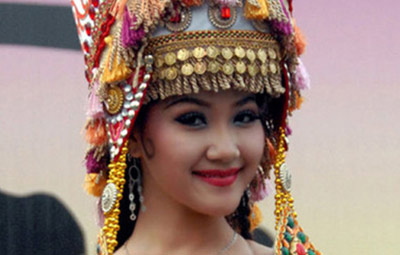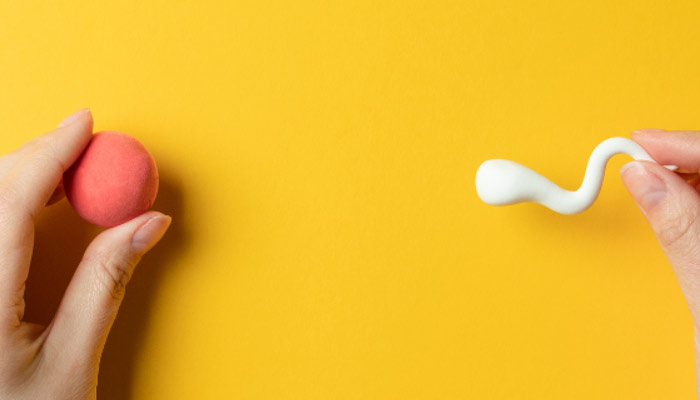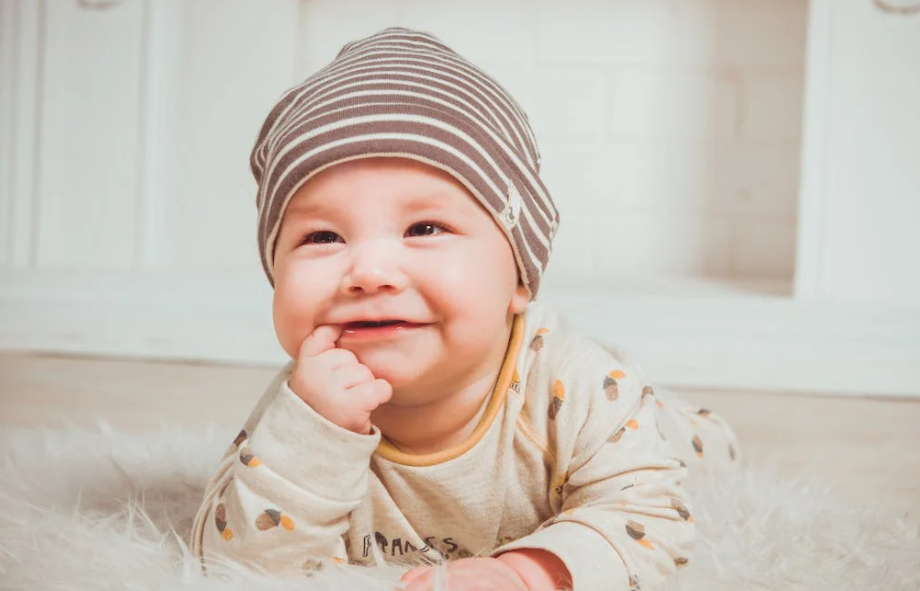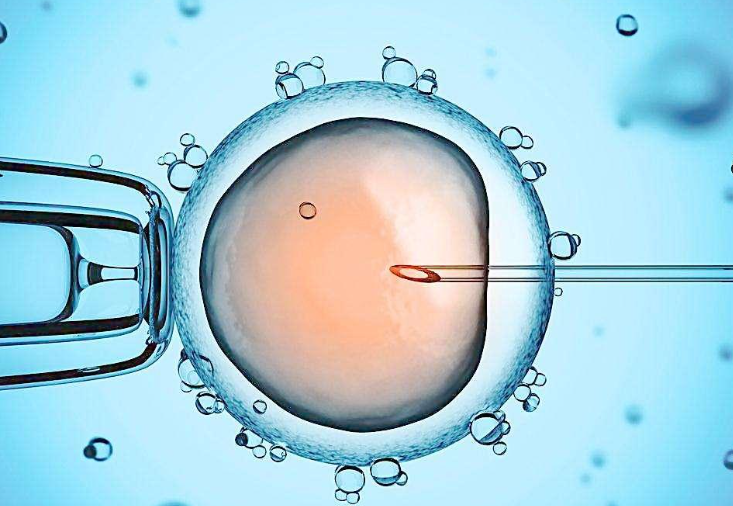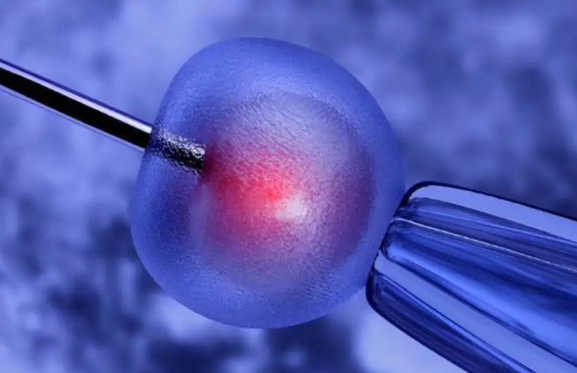Why choose us

About Us
Trustworthy Egg Donation Service in Asia
We have accumulated rich practical experience in the field of egg donation services in Asia. We have helped more than a thousand clients successfully complete the process. Our experience and success stories are our confidence. At present, our main offices are located in China and Moscow, and we also have mature business in Japan, Thailand, Laos, Cambodia, Malaysia, Kyrgyzstan and Russia .
In order to meet the growing and diverse needs, we continue to expand the Asian egg donation database. You can choose the most suitable donor from the huge database according to your needs. The selection process is private and safe, and all egg donors are anonymous . Our donor group is spread across Asia, including Laos, Cambodia, mainland China and Taiwan, with diverse ethnic characteristics and strict screening mechanisms to ensure the quality of donations.
Egg Donor Region
Asian Egg Donors
Frequently asked questions
-
Who can be an egg donor?
Generally speaking, families who have been troubled by infertility for a long time are the recipients of egg donation. Common reasons include premature ovarian failure, genetic or chromosomal problems, impaired ovarian function after cancer treatment, or poor quality of their own eggs. -
Can single-parent or same-sex families donate eggs?
Of course you can, we believe that everyone should have the opportunity to be a parent, regardless of your gender, marital status, age or sexual orientation. -
Who can be an egg donor?
Egg donors are usually between 21 and 30 years old and come from different ethnic groups. They will fill out a detailed questionnaire covering their health status, family background, education, hobbies and motivations for donation. -
Is the donation process anonymous?
Typically, there is no meeting or communication of any kind between the recipient and their chosen egg donor. -
What are my options when choosing an egg donor?
Intended parents can access complete egg donor profiles and select donors based on specific information such as ethnicity, physical characteristics (such as height, skin color, hair and eye color), educational background and personality traits. -
How can I be sure that the eggs delivered to the clinic are really the batch I selected?
In order to ensure that you receive the donor eggs you selected, our laboratory has a strict verification process. Every link is witnessed by a dedicated person. From freezing, packaging, to transportation, each step implements the "triple check, double confirmation" process. And we only handle eggs from one customer at a time, without mixing batches or taking shortcuts to ensure zero errors. In short, the batch of eggs you selected is the batch your clinic received. We will check the whole process for you. -
What rights does the donor have over the eggs?
Under current law, donors retain no rights to their eggs or the embryos that result from donation. -
What are your AMH requirements for egg donors?
AMH is used to assess ovarian reserve, which is the number of eggs remaining. We will refer to the donor's AMH level to determine whether she is suitable for the donation program and continue to monitor her throughout the cycle. However, AMH is only one of many evaluation indicators, not the only criterion. Women of some ethnicities are born with lower AMH levels than others, which we also take into consideration. In order to ensure the quality of the eggs, we require the donor's AMH value to be at least 2 to join our program. -
What is the difference between fresh and frozen donation cycles?
The main difference between fresh and frozen egg donation cycles is when the donated eggs are fertilized. A fresh egg donation cycle is when the eggs are fertilized immediately after retrieval; a frozen egg donation cycle is when the eggs are frozen and stored until you are ready for an embryo transfer. -
What is the pregnancy success rate for an egg donation cycle?
The success rate depends on many factors, such as the experience of the doctor, the technology of the clinical embryology laboratory, the medication regimen of the donor, the quality/quantity of the eggs obtained from the donor, the quality of the sperm of the prospective father, the health status of the prospective mother (age, uterine condition, etc.), etc. Generally speaking, since most donors are healthy, at the best childbearing age and in the best physical condition, the success rate of an egg donation cycle is higher. -
Does blood type matter when choosing an egg donor?
In most cases, the egg donor's blood type has little to no effect on the outcome of the pregnancy. The donor's blood type is only important if the intended parents want to ensure that the future child's blood type will be the same as the blood type of both parents at the time of natural conception.Parents blood type combination Possible blood types of the child Impossible blood type for children O and O O A, B or AB O and A O or A B or AB O and B O or B A or AB O and AB A or B O or AB A and A O or A B or AB A and B O, A, B or AB none A and AB A, B or AB O B and B O or B A or AB B and AB A, B or AB O AB and AB A, B or AB O

 简体中文
简体中文






